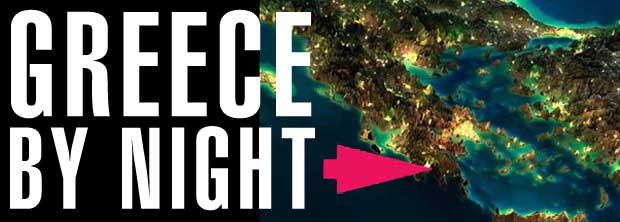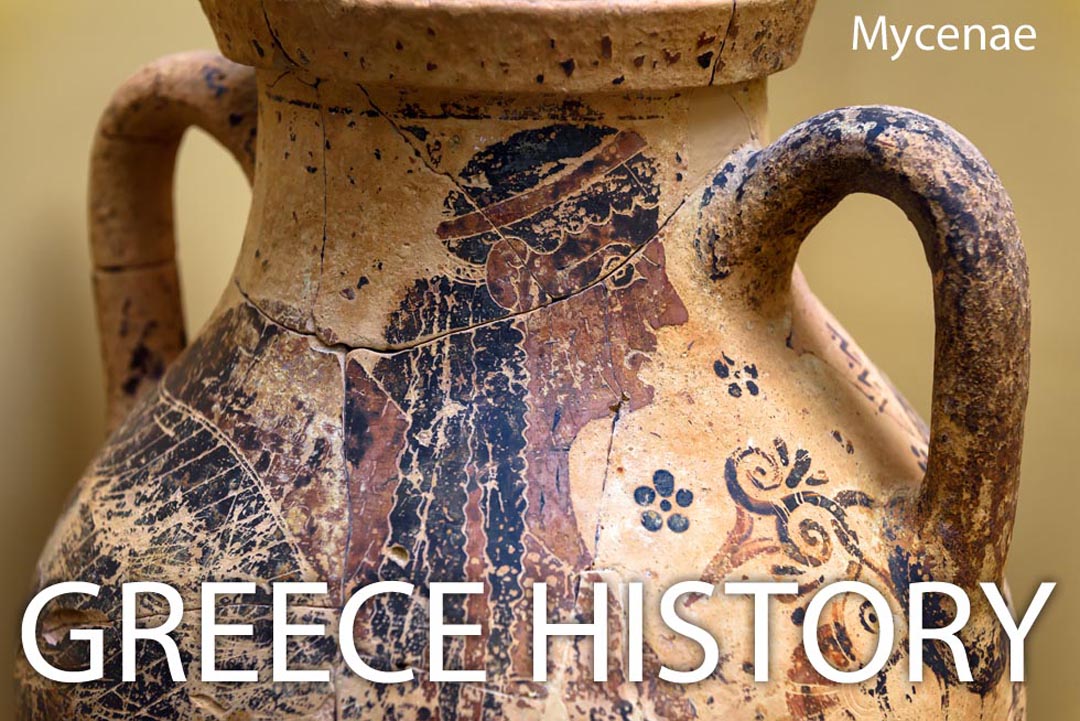War of Independence
1821 and 1830
Last update November 26, 2024
Greek revolutionaries fought against the Ottoman occupation of Greece between 1821 and 1830 with eventual victory marked by the "Treaty of London" in 1830.
Background
Sultan Mehmed II, also known as Mehmed the Conqueror, was the leader of the Ottoman forces that conquered Greece in the 15th century. His reign and war-making made for the expansion of the Ottoman Empire, particularly with the conquest of Constantinople in 1453, a significant turning point in European and Middle Eastern history.
With the fall of Constantinople, Mehmed II then brought his forces into an invasion throughout the Balkans. He systematically conquered key Greek territories such as the Despotate of Morea in the Peloponnese and Athens. By the end of the 15th century, most of Greece had fallen under Ottoman control, though Crete and the Ionian Islands remained under Venetian rule for a while longer.
- Ottoman Rule: Greek society retained its distinct culture and religious identity despite Ottoman rule, the key three reasons being; the Orthodox Church provided a vital link backwards to the Byzantine empire and to the whole of Greek history and provided a Greek-centric education to many generations; the remoteness of many villages meant a distinctly Greek set of traditions were retained with minimal Ottoman pressure being brought to bear culturally; the culture of banditry (the Klephts) which would harass the Ottomans outside of their strongholds and, among other things, idealized resistance to Ottoman authority and inbetween the business of robbery maintained a sense of aggressive Greek rural identity.
- European Influence: The Enlightenment, the French Revolution and a kind of philo-Greek idealization was strong in educated circles throughout Europe, urged onward by Academia deeply rooted in classical precepts of learning. This coincided, and mutually fed off of, a rise in national consciousness and desire for independence in the people of Greece itself. Exiles from Greece among European intellectuals created a bridge between the two worlds which helped influence political powers, along with outrage over Ottoman atrocities.
Key Steps Toward Freedom
-
Outbreak of the Revolution (1821):
- The revolution began on March 25, 1821, in the Peloponnese and soon spread to Central Greece and some of the islands. This day is now celebrated as Greek Independence Day and is linked to Bishop Germanos of Patras raising the Greek flag at the Agia Lavra Monastery, declaring a call to arms against the Ottomans. Figures such as Theodore Kolocontranes were leaders in this burst of action.
-
Initial Success in the fighting:
- Greek forces captured several key cities and regions, including Kalamata and Tripolitsa.
- Naval battles, especially the Battle of Navarino (1827), were crucial for Greek success.
-
Internal Conflicts mitigate cohesion among Greek forces:
- The revolution was marked by internal strife among different factions within Greece, including regional rivalries and disputes over leadership, a secondary factor was European influences which also maneuvered for leadership roles.
-
Ottoman Counterattacks:
- The Ottomans used Egyptian forces led by Ibrahim Pasha to launch major counter-offences to smash the revolutionary forces. Severe atrocities like the Destruction of Psara (1824) and the Siege of Missolonghi (1826) only fueled the discontent.
-
European Intervention:
- The Philhellenism movement was growing stronger in Europe and America, with funds and volunteers flowing to the Greek cause.
- Major European powers, particularly Britain, France, and Russia, intervened with military forces, and at the Battle of Navarino in 1827 helped play a decisive role against Ottoman water-based power in the Mediterranean.
The conclusion of the Revolution
- Treaty of London (1830):
- The war officially ended with the Treaty of London in 1830. The "Great Powers" of Russia, France and Britain had helped force the Ottomans to concede recognition of Greece as an independent state. The territory established and the borders defined were not everything the Revolutionaries had hoped for, but it set the stage for later expansion.
- In 1832, the Treaty of Constantinople established Greece as a fully independent kingdom, with King Otto as Greece's first modern era king.
- The success of the Revolution marked the contraction of the Ottoman empire and further evidence of a slow, multi-century decline.
Greek History Topics
Attalos II Philometor Euergetes
The Classical Period fo Greek History
Constantine II – The Last King of Greece
Parthenon (photo 1920)
Greece 1990s economic survival
The Panathenaic Stadium in Athens
Lycurgus of Athens famed financial leader and public works administrator for Athens in 4th century BC
Description of the original Hagia Sophia of Justinian I from the book History of the Byzantine Empire by George Ostrogorsky
Related: Constantine II The Last King of Greece has died
ADVERTISEMENT
Guide Book for the Peloponnese: with Athens, Delphi and Kythira – Paperback – Amazon – Bradt Travel Guides, 288 Pages, November 18, 2025
FAMOUS GREEKS
Media Links
Abolishing the first Greek tax of 1836
July 1, 2024 :Story at Bloko [Greek]
Remembering the famine in Athens in 1941-1942
May 19, 2024 :Story at Protothema [Greek]
How potatoes came to Greece
April 3, 2023: Story at Irish Central [English]
Greece History Internet Links
March 15, 2022: "Greece feels the squeeze as history closes in all around it" – Irish Times
...the past 200 years have seen permanent tension, distrust and aggression between Greece and Turkey. History repeats itself – even in its personnel. The central figure of Greek politics 1910-1935 was Eleutherios Venizelos, a devious, charismatic and deeply divisive character, whose great-great-nephew Kyriakos Mitsotakis is the current prime minister, who lacks his ancestor’s charisma and acumen.
Although Venizelos wasn’t in office at the time of the “Anatolian Catastrophe”, his fingerprints were all over it. Today, Mitsotakis points the Greek finger at Turkish president Tayyip Erdogan for creating a casus belli with Greece by demanding the return of some of the islands it acquired in the period 1913-1947.
August 11, 2021: Women of Troy – "The Booker-winner continues her visceral recounting of the Trojan war from the perspective of its female victims" – Financial Times



Greece's Golden Visa program
Advertisement: I am an Amazon affiliate
Original page April 2021 | Updated June 2, 2024

